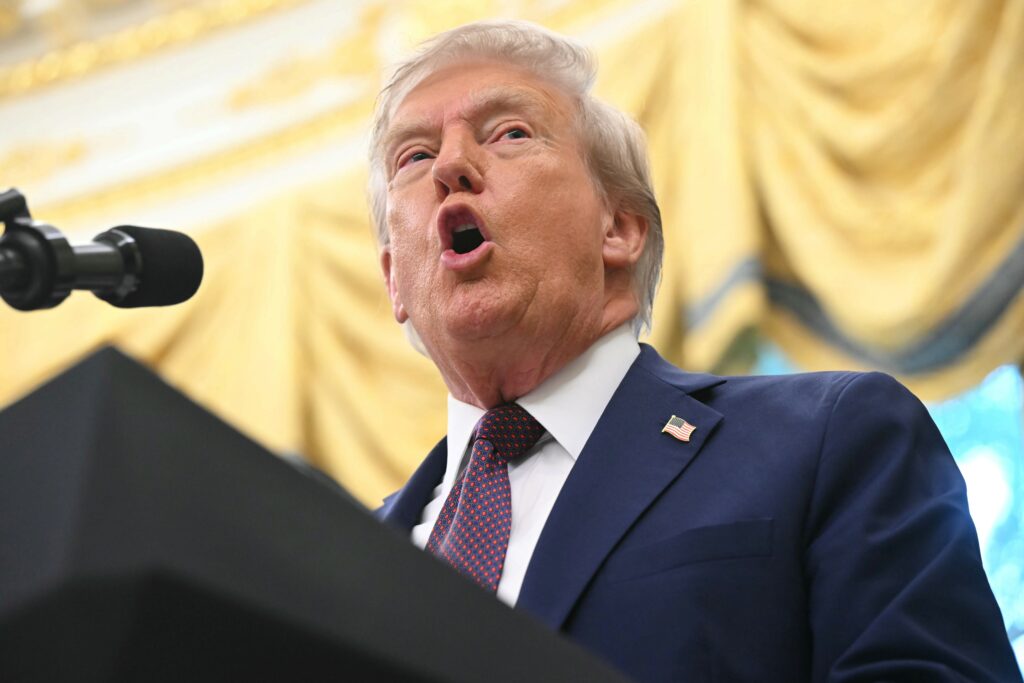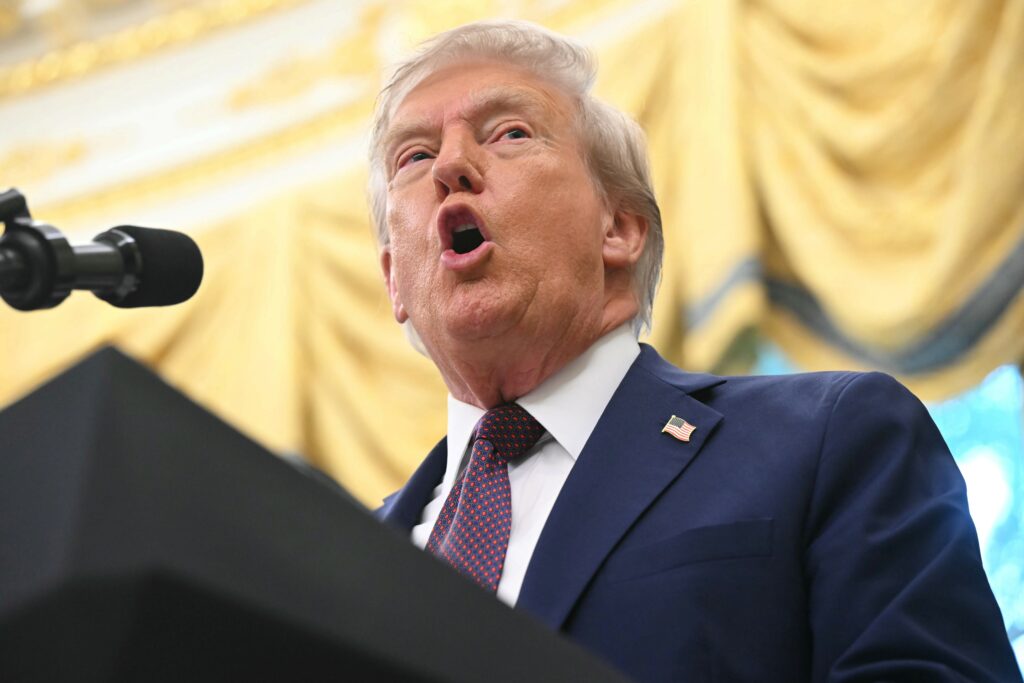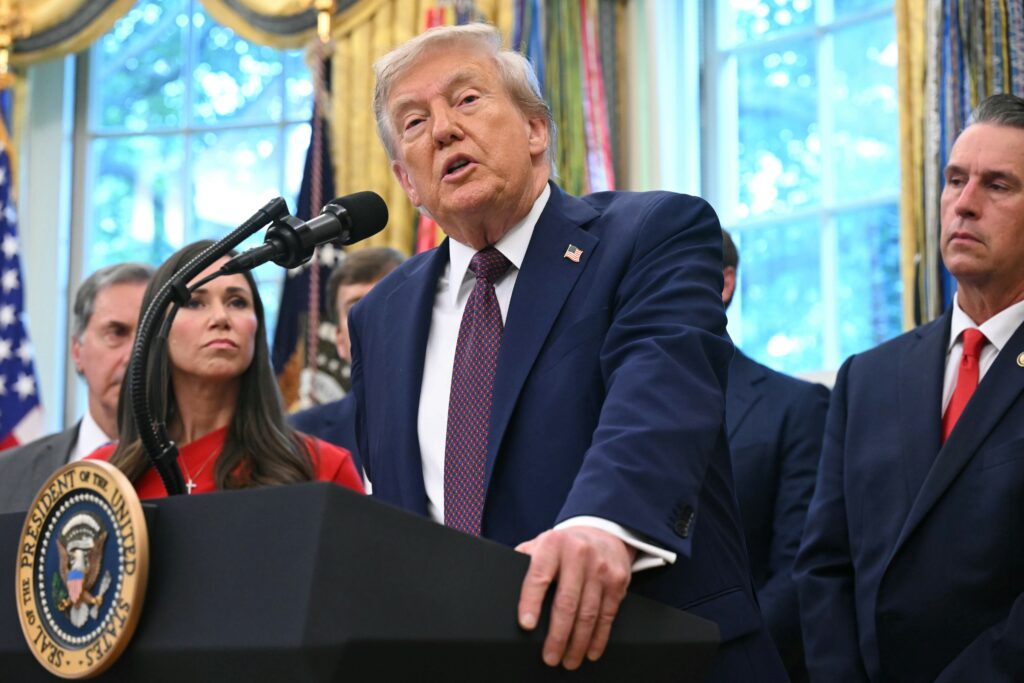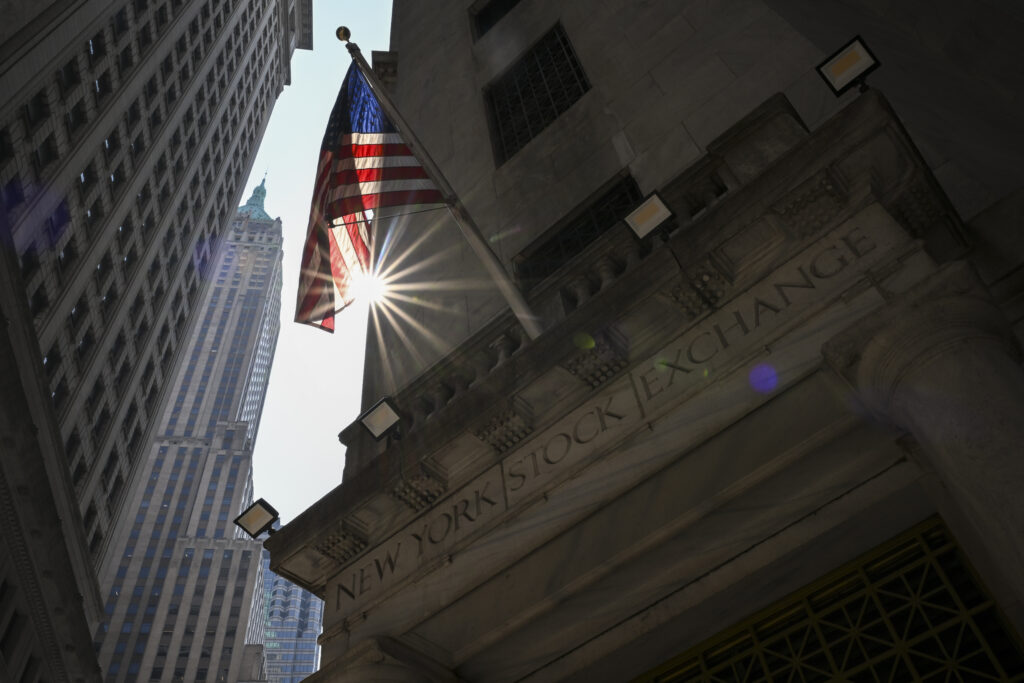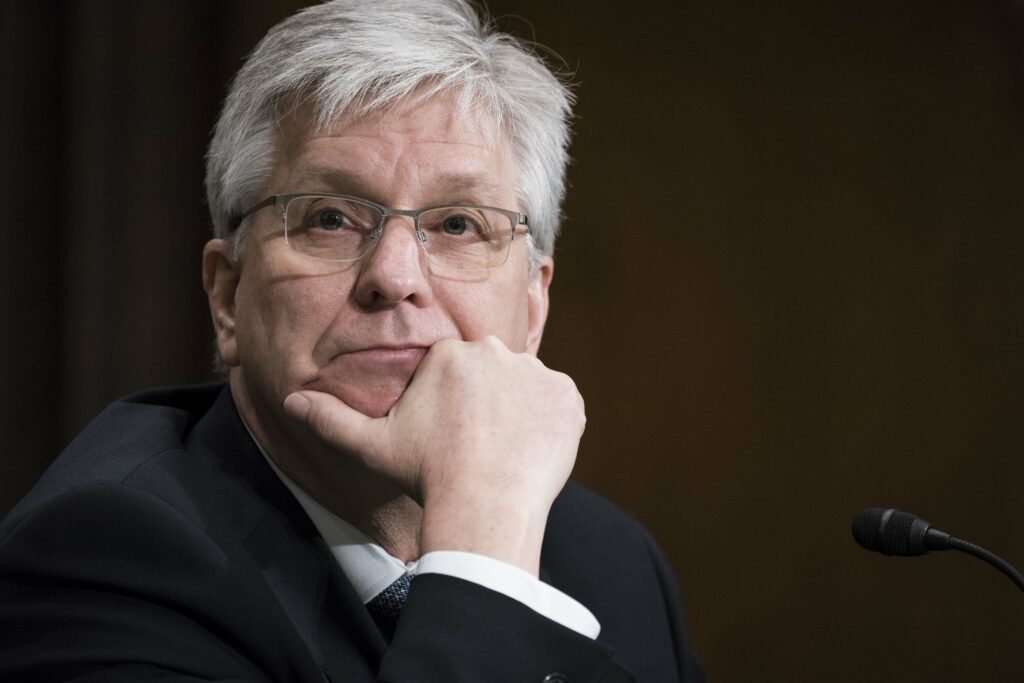Accord UE-Mercosur: quel impact sur l’agriculture européenne ?
L’accord de libre-échange avec des pays du Mercosur, dont l’UE a lancé mercredi le processus de ratification, promet d’ouvrir un peu plus le marché européen aux produits latino-américains, une perspective qui alarme les agriculteurs, en particulier en France, premier pays agricole du continent.Cet accord “n’a jamais été aussi dommageable pour les agriculteurs, les communautés rurales et les consommateurs européens”, a mis en garde mardi le Copa-Cogeca, principal lobby agricole européen.Quels volumes agricoles en jeu?La Commission européenne parle de “petits volumes” de produits du Mercosur aux droits de douane réduits: ce sera 99.000 tonnes maximum pour la viande bovine, soit 1,6% de la production de l’UE. Au-delà, des droits “largement prohibitifs”, de plus de 40% (au lieu de 7,5%), continueront à s’appliquer, ajoute-t-on.Pour les volailles ce sera 180.000 tonnes (1,4%), le sucre 190.000 tonnes (1,2%).Pour Bruxelles, l’accord présente des opportunités pour des produits aujourd’hui freinés en Amérique latine par les taxes: vin et spiritueux (actuellement taxés jusqu’à 35%), chocolats, malt, huile d’olive, lait en poudre ou fromages.Secteurs exposésMême si les volumes concernés sont limités, ils peuvent ébranler des filières, expliquent cependant celles-ci.Pour l’interprofession française de la viande bovine, le Mercosur fournit déjà le gros des importations d’aloyaux, des morceaux “nobles”. Si les 99.000 tonnes de viande bovine autorisées se concentrent sur l’aloyau, cela représenterait un quart de la production européenne.Selon l’Institut de l’élevage, les aloyaux du Mercosur arrivent à des coûts inférieurs de 18% à 32% par rapport aux européens.Les producteurs de poulet aussi redoutent que les Brésiliens se concentrent sur les morceaux les plus rentables, les filets.Les filières de l’éthanol, du miel, du porc… sont également exposées, analyse l’économiste Stefan Ambec, co-auteur d’un rapport sur cet accord au gouvernement français. Il évoquait le risque d’une baisse des prix payés aux agriculteurs européens: “les coûts de production diffèrent et le problème est que les normes sanitaires et environnementales ne sont pas les mêmes.”Quelles normes?La Commission l’assure: “Tout produit du Mercosur doit respecter les normes strictes de l’UE en matière de sécurité alimentaire.”L’accord de libre-échange Ceta avec le Canada par exemple ne remplit pas ses quotas d’exportation de viande depuis six ans faute de production aux normes, fait valoir un fonctionnaire européen.Les “conditions de production” dans le Mercosur, en matière sociale, environnementale, de bien-être animal… ne seront pas forcément les mêmes qu’en Europe, admet cependant Bruxelles.En matière sanitaire, l’importation de viande traitée aux hormones de croissance restera interdite. En revanche des viandes issues d’élevages usant de pratiques prohibées dans l’UE — usage d’antibiotiques activateurs de croissance ou de certaines farines animales — pourront entrer, soulignent les opposants.Quels contrôles?”En théorie, la viande traitée par exemple aux hormones de croissance ne peut entrer, mais en pratique la traçabilité est imparfaite”, explique M. Ambec. “Il y a des audits d’abattoirs organisés avec la Commission, mais on ne suit pas facilement le bétail avant cette étape. Le traçage de la naissance à l’abattage, dans le Mercosur, cela n’existe qu’en Uruguay.”De fait, un audit de l’UE a révélé fin 2024 des failles dans les contrôles de la viande bovine au Brésil, incapables de garantir l’absence de l’hormone oestradiol, interdite en Europe.Mercredi, à Bruxelles, on évoquait “l’engagement sur la constitution d’un groupe de travail sur le renforcement des contrôles à l’import”.”Frein d’urgence”Pour répondre aux inquiétudes de Paris, Bruxelles a aussi introduit mercredi une “clause de sauvegarde” renforcée concernant les produits sensibles, sorte de “frein d’urgence” en cas d’augmentation soudaine des importations ou baisse des prix.”S’il existe “un préjudice sérieux ou un risque pour l’Union européenne, l’Union, à la suite d’une enquête, peut décider” de limiter ces importations, explique un haut fonctionnaire.S’y ajoute un “engagement politique” de suivi “très serré” de ces marchés, avec rapports semestriels. La Commission s’engage aussi à lancer ces enquêtes “sans délai” et à des mesures provisoires dans les 21 jours, et à le faire dès que sont constatés des mouvements de prix ou de volumes de plus de 10%, une mesure inédite, souligne-t-on à Bruxelles.Enfin, “si jamais dans la situation très improbable où les importations du Mercosur causerait des dommages aux systèmes agricoles, nous avons pris l’engagement d’augmenter les fonds disponibles pour une compensation des agriculteurs dans le cadre de la PAC”, ajoute-t-on.


